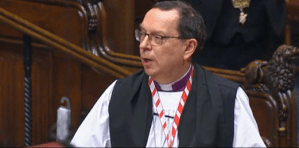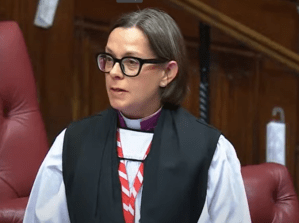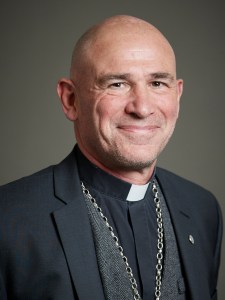The Bishop of Winchester asked a question on encouraging participation in youth mobility schemes for UK students and young people on 29th October 2025:
The Lord Bishop of Winchester: I am very grateful to the Minister for her Answer. For understandable reasons, His Majesty’s Government are very concerned at the moment to prevent people crossing the channel in one direction. However, it seems to me that we should be positively encouraging our young people to cross the channel in the other direction to take advantage of the very real opportunities a youth mobility scheme would offer, not simply for their own sake—although that is really important, as we have heard—but because, in an increasingly fractious and dangerous world, we sorely need young people with a broad, informed international perspective. Can the Minister confirm that—as well as, I hope, allowing such mobility—the Government will actually encourage such participation?
Continue reading “Bishop of Winchester asks about access to youth mobility schemes”






 On the 6th Feb 2020 the Second Church Estates Commissioner, Mr Andrew Selous MP, answered a written question about youth work in the Church of England:
On the 6th Feb 2020 the Second Church Estates Commissioner, Mr Andrew Selous MP, answered a written question about youth work in the Church of England: On 8th October 2019 Lord Naseby (Con) asked the Government “what action they are taking to ensure that retailers selling kitchen knives adhere to regulations on the sale of knives”. The Bishop of London, Rt Revd Sarah Mullally, then asked a follow-up question:
On 8th October 2019 Lord Naseby (Con) asked the Government “what action they are taking to ensure that retailers selling kitchen knives adhere to regulations on the sale of knives”. The Bishop of London, Rt Revd Sarah Mullally, then asked a follow-up question:
You must be logged in to post a comment.